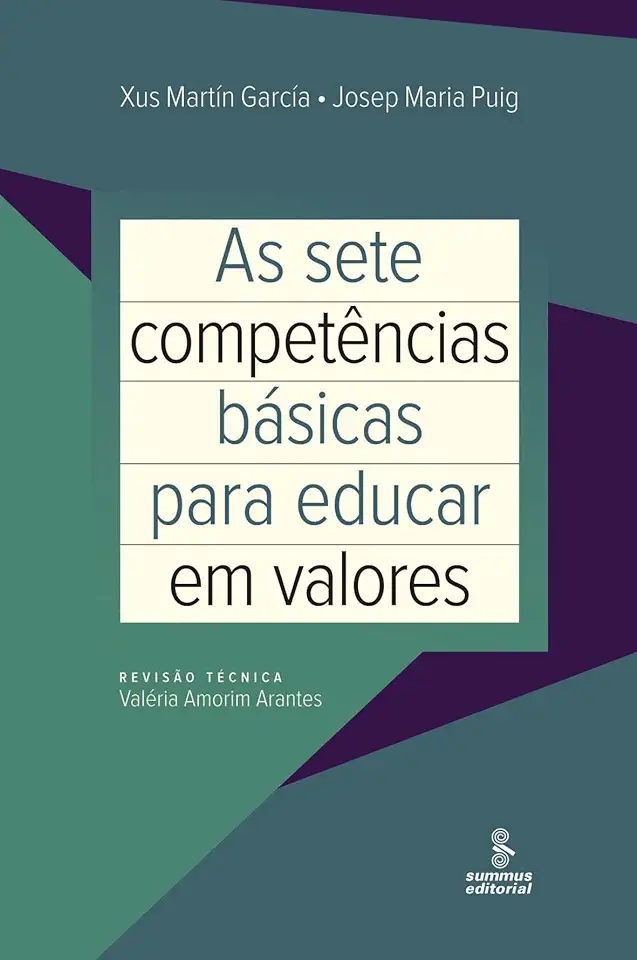
SEVEN BASIC SKILLS FOR EDUCATING IN VALUES - PUIG / MARTIN GARCIA
Seven Basic Skills for Educating in Values
Introduction
In today's world, it is more important than ever to educate children in values. With so many negative influences bombarding them from all sides, children need to be taught how to make good choices and live ethical lives.
The book "Seven Basic Skills for Educating in Values" by Puig and Martin Garcia provides a comprehensive guide for parents and educators on how to teach children values. The book is based on the authors' extensive research and experience in the field of values education.
The Seven Basic Skills
The seven basic skills for educating in values are:
- Self-awareness: Children need to be aware of their own values and beliefs in order to make good choices.
- Empathy: Children need to be able to understand and appreciate the feelings of others in order to be compassionate and caring.
- Critical thinking: Children need to be able to think critically about the values they are taught in order to make informed decisions.
- Decision-making: Children need to be able to make good decisions based on their values and beliefs.
- Communication: Children need to be able to communicate their values and beliefs to others in a clear and persuasive way.
- Action: Children need to be able to take action to live out their values and beliefs.
- Reflection: Children need to be able to reflect on their experiences and learn from them in order to grow in their values development.
How to Use the Seven Basic Skills
The book provides detailed instructions on how to teach each of the seven basic skills. The authors offer a variety of activities and strategies that can be used in the classroom or at home.
Benefits of Educating in Values
Educating children in values has a number of benefits, including:
- Improved academic performance: Children who are taught values are more likely to be successful in school.
- Reduced risk of problem behaviors: Children who are taught values are less likely to engage in problem behaviors such as violence, drug use, and delinquency.
- Increased happiness and well-being: Children who are taught values are more likely to be happy and well-adjusted.
- A more just and peaceful world: Children who are taught values are more likely to become responsible and caring adults who contribute to a more just and peaceful world.
Conclusion
"Seven Basic Skills for Educating in Values" is an essential resource for parents and educators who want to teach children values. The book provides a comprehensive guide to the seven basic skills that children need to develop in order to make good choices and live ethical lives.
Call to Action
If you are interested in learning more about how to educate children in values, I encourage you to read "Seven Basic Skills for Educating in Values" by Puig and Martin Garcia. This book will provide you with the tools you need to help children develop the values they need to succeed in life.